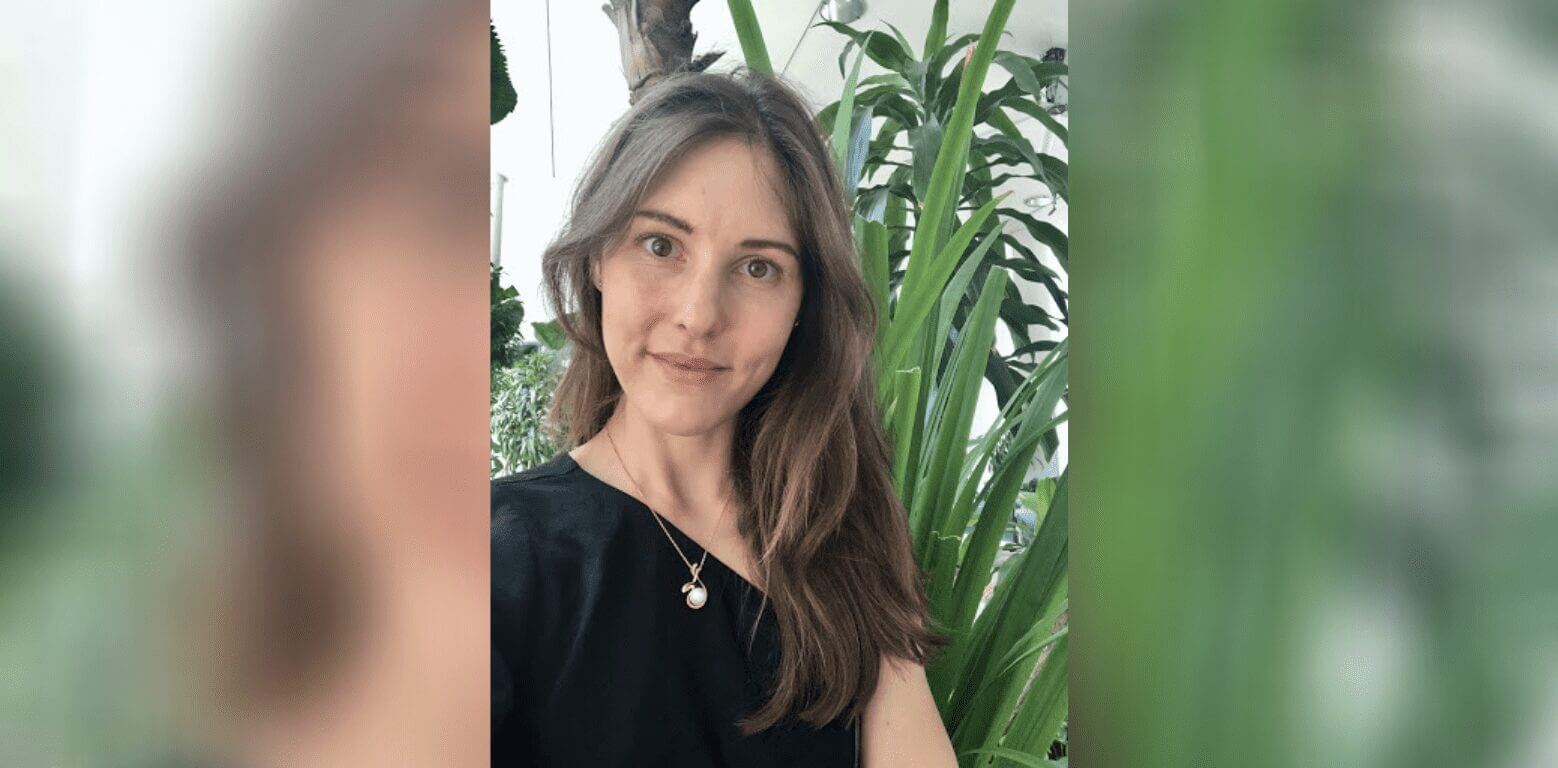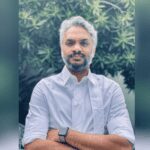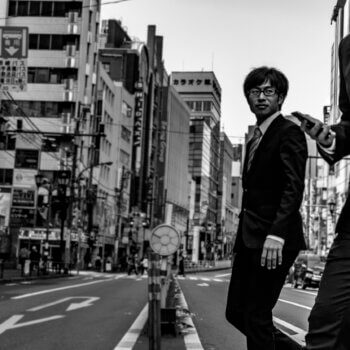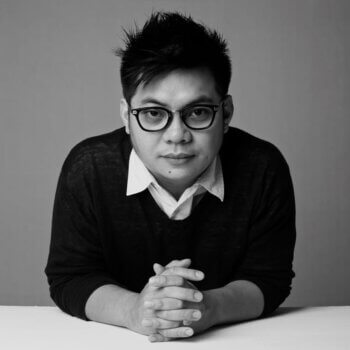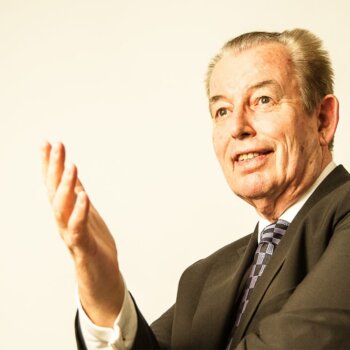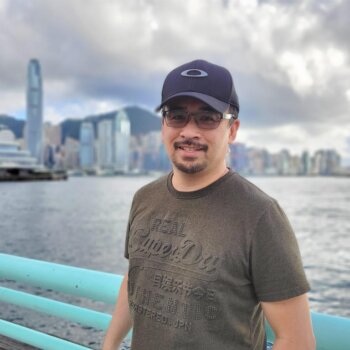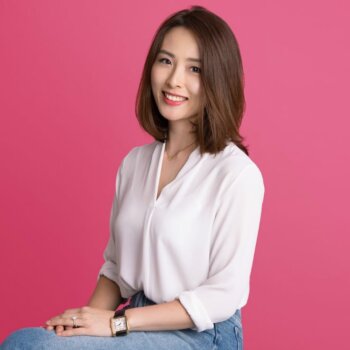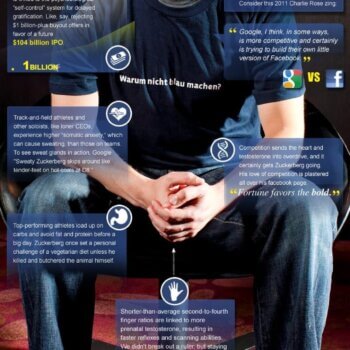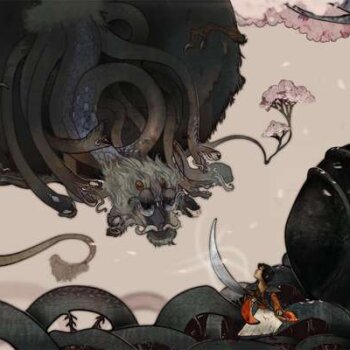Roxane Has Created A Returnable Container Ecosystem
What’s your story?
When I moved to Singapore almost 24 months ago, I came from a career in fashion design and development. I loved having the opportunity to create, to use new materials, to design shapes and products that people loved.
I have always been passionate about great design that makes people feel and look good, but the reality of the detrimental impact the production and retail components of the garment industry has on the environment slowly became evident to me.
At the start of my career, I led the design team of a high end swimwear company in Paris. The small production runs, close proximity production in a neighbouring country, and good working conditions in the partner factories, meant that I was not as aware of the conditions and environmental impact of the majority of the fashion industry. I think there was less said about it in 2009, and green-washing was not yet a trend. At that time, we didn’t even have the concept of circular economy in fashion school.
When I arrived in Singapore, I didn’t want to go back into designing garments that would suit for a few seasons (at best), before being tossed to the donations bin (best case), or the local bin (more common). It was then I realized that the country had an addiction, truly, to single use packaging for food and beverages that were available all the time, everywhere, affordably, and for all types of diet preferences.

What excites you most about your industry?
I will broaden the understanding of industry in this question to include sustainable solutions for the public. I am optimistic that the industry is working towards circular, sustainable production because this is the future – there is simply no other way. To know that we didn’t just wait around for someone to fix the problem for us, and to be pioneers helping to shift mindsets is exciting.
It’s also somewhat linked to diets, and having gone plant-based in recent years, more than ever, I get to meet people who believe that a plant-based diet is better for the environment. I am also excited to work with the youth because I know that I’m making a difference in shaping their future.
Finally, I am very passionate about and absolutely love wildlife, so I speak up for animals and habitat conservation, and share information about the damage unsustainable living does to our ecosystems and ultimately to ourselves. Recently, I was part of a speaking panel for The Singapore Women’s Network and presented the correlation between zoonoses and sustainable living, which isn’t something that is generally understood.

What’s your connection to Asia?
I have always loved this part of the world. As a teen, I was a fan of Japanese culture, and especially art. I loved their handwriting, and taught myself Japanese. My dream to visit Japan was made possible when my best friend and I were given a 10 day trip to the country of the rising sun for my 20th birthday. It was probably no surprise to those who knew me that I should find love in a Hangzhou-born man living in my city in 2009. I travelled with him to China for the first time and started learning mandarin to be able to speak with his relatives. Fast forward 10 years and we were married. I have travelled to China almost every year for work, and now we live in Singapore.
Favourite city in Asia for business and why?
Shanghai but I wouldn’t be able to say it’s for business – I have mostly done business in Singapore. But Shanghai tops my list for everything because of its openness, its creativity, its buzz. It’s still my favourite city, to date, in terms of opportunities and discoveries. There’s never a day without a new exhibition to see, a new place to visit, or a startup to learn more about.
What’s the best piece of advice you ever received?
Focus on what you can change, not on what is out of your control.
Whether it be in your personal life or your work life, there are many aspects that are beyond your control, no matter how hard that can be to accept.
It’s a waste of energy and effort if you fail to recognise what is out of your control. It can leave you drained to the point of not having the resources necessary for what you can influence.
Who inspires you?
My husband inspires me in many ways: he is focused, calm, and self-disciplined. I don’t have a specific role model but find a lot of comfort and motivation in women-driven businesses and I admire women who lead teams, stay focused, listen to their hearts, and don’t follow the trend or listen to the noise. Currently, Jacinda Ardern hits the top of the list.
What have you just learnt recently that blew you away?
There were men fighting WWII until the ‘70s. Two soldiers of the Imperial Japanese Army continued to fight on isolated Pacific islands until the last Japanese soldier surrendered in 1974. He had never believed the news of Japan’s surrender, thinking it was a trap and fake news. The two men are Intelligence officer, Lieutenant Hiroo Onoda, who surrendered in the Philippines in March 1974, and Teruo Nakamura, who surrendered in Indonesia, December 1974. They had been told to never surrender and to follow their superior’s orders. Imagine living alone in the hills and continuing to carry out guérilla attacks for almost 30 years?
If you had your time again, what would you do differently?
It took me a while to understand that I didn’t need to fit in, nor that I should feel like I fit in. Coming to terms with this sooner would have saved me some time and effort.
How do you unwind?
Running, yoga, drawing, singing, petting my cat and practicing languages. I like to get a bit nerdy studying the origins of words – it teaches you so much about a specific culture and its people.
I also like to walk in parks with my husband and have chats with friends. Sometimes I sing in the park – I try to find a corner of the park, at a time when there are few people, to spare those who don’t share my music tastes, or who might not have the patience to endure my off- pitch notes. There is childish fun in doing it purely for enjoyment, and without a care of what others around you think!

Favourite Asian destination for relaxation? Why?
I absolutely adore Kyoto, and while the last time I visited, the vibe had changed so much due to the increase in tourism, at the crack of dawn, before anyone is awake, is the best time to take in some beautiful views of the narrow streets and historical buildings. It fills me up with so much calm and appreciation for being able to just stand there. It’s still one of my top destinations.
I’d like to go back to Japan and visit more towns off the beaten track, where you struggle to get by speaking only English. This might sound stressful to some, but I find it one of the reasons I feel so relaxed! If you are hypersensitive, like me, you can understand what it’s like to pick up on everything, all the time. When I understand everything around me, it is a struggle to block out the many sounds, but it’s much easier to ignore them when I’m focused on speaking a foreign language that I have not yet mastered. It helps calm my mind and allows me the space to just be.
Everyone in business should read this book:
Everyone in the world should read, “The Five Love Languages,” by Gary Chapman.
Shameless plug for your business:
Sustainability focused impact businesses don’t have it easy, because we’re not about green-washing and are up against some of the biggest industry players trying to make the public believe that single use “eco friendly” packaging is good enough. 3 things you can do to help:
- ACT. Download the app, from Apple Store and Google Play which you can explore without getting a membership. We just launched with Deliveroo recently on a deposit-return system for non-members to give it a go without committing.
- SUPPORT. Like and follow our @barepack.co Instagram and Facebook pages. Leave some feedback and reviews on Google maps at the restaurants who are participating to send them some love and spread the word
- SHARE. By talking about us and inviting your local restaurants to join our network.
How can people connect with you?
LinkedIn, email, Instagram, Facebook
Twitter handle?
—
To hear how entrepreneurs around the world overcome their challenges, search your favourite podcast platform for ‘CallumConnects‘ to hear a 5-minute daily breakdown.

Callum Laing is an entrepreneur and investor based in Singapore. He has previously started, built, and sold half a dozen businesses and is now a Partner at Unity-Group Private Equity and Co-Founder and CEO of MBH Corporation PLC. He is the author of three best-selling books ‘Progressive Partnerships’, ‘Agglomerate’, and ‘Entrepreneurial Investing’.
Connect with Callum on Twitter and LinkedIn
Download free copies of his books at www.callumlaing.com
